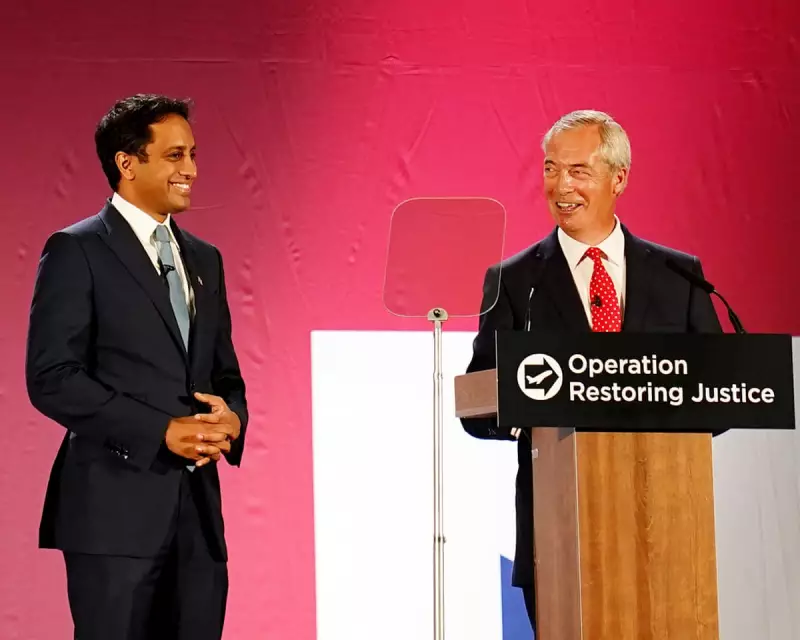
Britain's political landscape is witnessing a seismic shift in its approach to asylum and immigration, with both major parties adopting increasingly hardline stances that signal a dramatic rightward turn in one of the nation's most contentious debates.
The New Political Reality on Immigration
What was once considered the territory of conservative hardliners has now become mainstream political discourse. The Conservative government's controversial Rwanda scheme, while facing legal hurdles, has fundamentally altered the boundaries of what is considered acceptable policy discussion.
Meanwhile, the Labour opposition, traditionally more liberal on immigration matters, has notably hardened its position. Sir Keir Starmer's team has made deliberate efforts to shed the party's image as soft on border control, recognizing the electoral potency of immigration concerns among key voter demographics.
Channel Crossings: The Political Flashpoint
The ongoing small boats crisis continues to dominate headlines and political strategy sessions alike. Daily arrivals across the English Channel have become a powerful visual representation of the government's migration challenges, fueling public concern and political opportunism in equal measure.
Recent developments include:
- Enhanced cooperation with French authorities to intercept boats before they reach British waters
- Increased use of controversial accommodation facilities including barges and former military bases
- Growing backlog of asylum cases creating administrative and financial strain
- Rising costs of the asylum system drawing criticism from across the political spectrum
Election Calculations and Rhetorical Escalation
With a general election looming, immigration has reemerged as a defining issue that could sway crucial swing voters. Both major parties are crafting their messages with this electoral reality in mind, leading to increasingly tough rhetoric and policy proposals.
The language used in political discourse has noticeably hardened, with terms like "invasion" and "crisis" becoming commonplace in speeches and media interviews. This rhetorical escalation reflects and reinforces the rightward shift in public debate.
Beyond the Headlines: The Human Impact
Behind the political posturing and policy announcements lie real human stories. Asylum seekers face increasingly difficult circumstances while navigating Britain's complex immigration system. Advocacy groups report growing concerns about the welfare of those caught in the political crossfire.
Legal challenges continue to play a crucial role in shaping policy outcomes, with courts repeatedly intervening to block or modify government initiatives. This tension between executive action and judicial oversight adds another layer of complexity to an already fraught policy area.
The European Context
Britain's rightward shift on asylum mirrors similar trends across Europe, where many nations are adopting tougher stances on immigration. This continental context suggests that the UK's experience is part of a broader pattern rather than an isolated phenomenon.
However, Britain's particular circumstances—including its island geography, departure from the EU, and specific legal traditions—create unique challenges and opportunities in addressing migration issues.
As the debate continues to evolve, one thing appears certain: the political centre of gravity on asylum and immigration has moved decisively rightward, with significant implications for policy, public discourse, and the lives of those seeking sanctuary in Britain.





